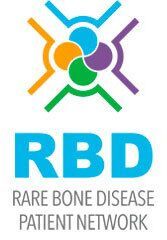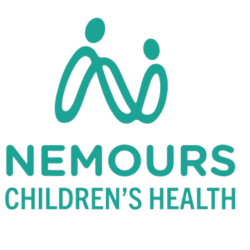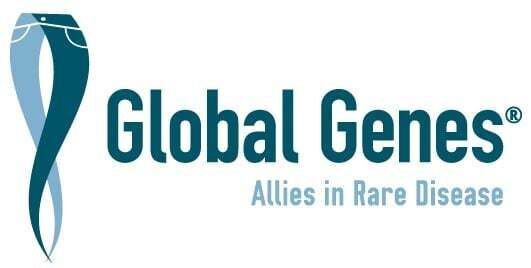
Rare diseases, like complex lymphatic anomalies, are often unseen, unheard of, and present unique challenges for the families that bear their weight. In this blog post, we'll delve into the negative impact rare diseases can have on a family's mental health while also shedding light on the incredible strength and resilience these families exhibit.
The Dark Side: Mental Health Struggles
When a family has a member diagnosed with a rare disease, it's not just the patient who experiences the consequences. The entire family unit can be deeply affected, leading to a range of mental health struggles. Here's a glimpse of some of the challenges they face:
1. Emotional Turmoil: A rare disease diagnosis can trigger intense emotions, including fear, anxiety, and grief. Families often grapple with uncertainty, wondering what the future holds for their loved one.
2. Disrupted Routine: Hospitalizations and treatments disrupt the daily routines families have grown accustomed to. This disruption can be especially challenging for siblings who miss their brother or sister and worry about their well-being.
3. Separation Anxiety: Due to the constraints imposed by hospital regulations, families are sometimes forced to separate, with only one parent allowed in the hospital at a time. This separation can be emotionally taxing, with family members longing to be together during difficult times.
4. Sleep Deprivation: Caring for a rare disease patient may involve long nights and irregular sleep patterns. Sleep deprivation affects not only the patient but also the entire household, leading to fatigue and increased stress.
5. Strain on Relationships: Rare diseases put significant strain on family relationships. Caregivers often feel stretched to their limits, trying to balance their roles as nurses, therapists, parents, and partners. The pressure can lead to strained relationships with extended family, friends, and even colleagues.
The Bright Side: Coping and Strength
Amidst these challenges, families affected by rare diseases also demonstrate remarkable strength and resilience. Here are some of the positives that emerge from their journey:
1. Creating New Normals: Families adapt to their new reality, establishing routines and strategies to accommodate the unique needs of the rare disease patient. They create a "new normal" that allows them to navigate life's uncertainties.
2. Support Networks: Many families connect with other rare disease families, forming a strong support network. These connections provide invaluable emotional support, understanding, and shared experiences.
3. Education and Awareness: Families often become advocates, raising awareness about the rare disease and engaging in efforts to support research and patient care. They transform their challenges into opportunities for positive change.
4. Empowering Siblings: Families work diligently to ensure that siblings of the rare disease patient have their own unique activities and support systems. This empowers siblings and helps them cope with the challenges they face.
5. Cherishing Family Time: Despite the hurdles, families make an effort to spend quality time together. They treasure every moment, whether it's a simple walk around the block or a grand adventure, creating lasting memories.
In conclusion, the journey of a family dealing with a rare disease is not without its hardships. The mental health struggles are real and challenging, but the strength and resilience these families exhibit are equally powerful. They redefine what it means to be a family, showing that even in the face of adversity, love and support can conquer all. Their story is a testament to the human spirit's capacity to endure and overcome.
Check out the video by Kevin and Jen, parents from Ontario, Canada, sharing their touching journey as caregivers to a child with a complex lymphatic anomaly. They open up about the challenges their family has faced, from extended hospitalizations during COVID to the strain on their relationships.
Learn more about the unique challenges faced by rare disease patients and their families: Mental Health Webinar Series










